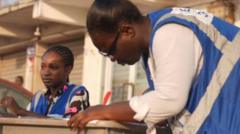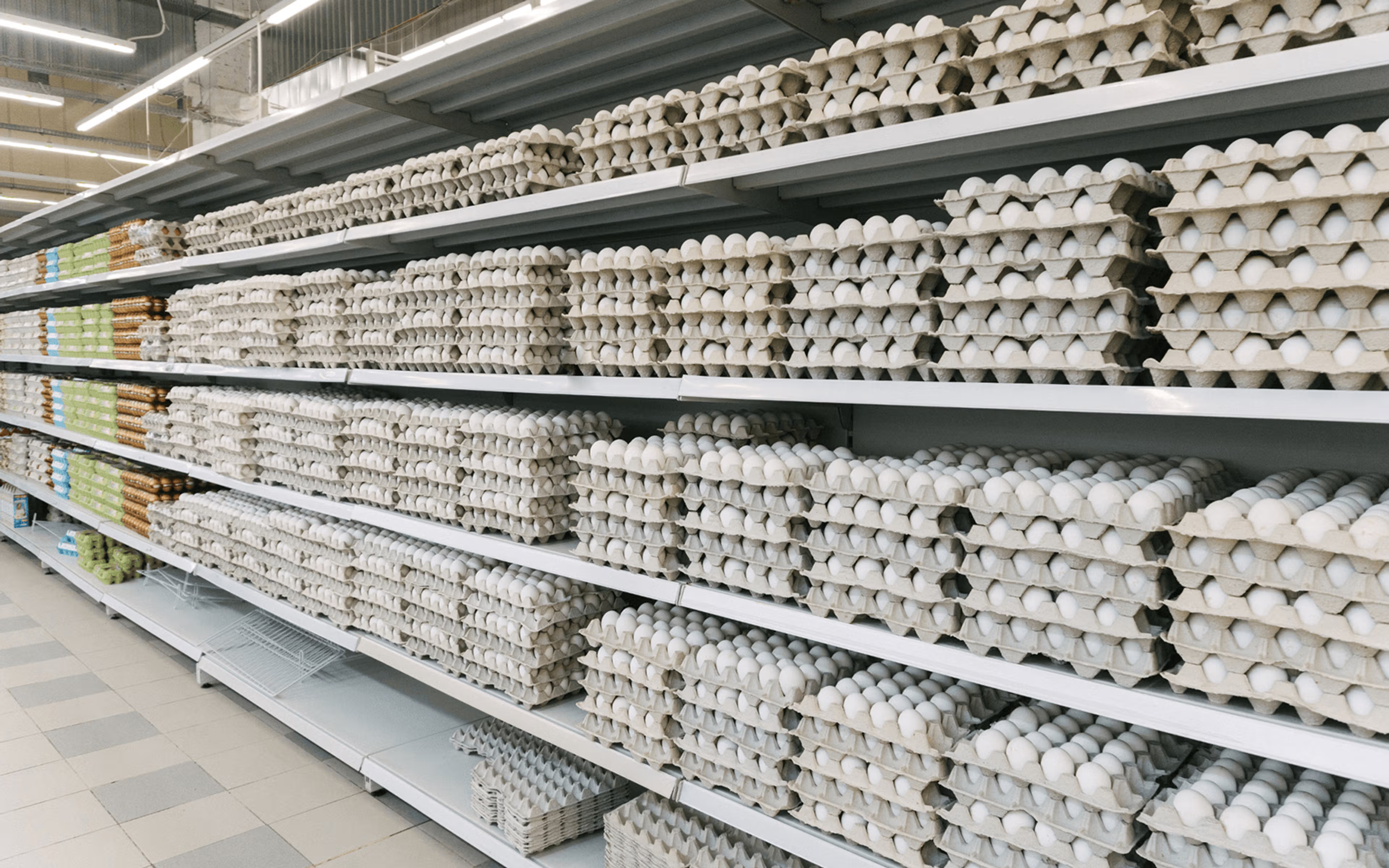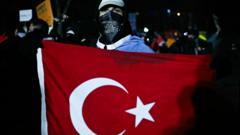As Ghana transitions to a new presidential leadership with Nana Akufo-Addo stepping down, votes are being tallied after a mixed election process characterized by violence in a northern polling station and peaceful voting in other areas. The outcome will determine future policies on pressing issues like inflation and youth unemployment.
Ghana Commences Vote Counting Amidst Election Violence and Anticipation for New Leadership

Ghana Commences Vote Counting Amidst Election Violence and Anticipation for New Leadership
Following a largely peaceful general election in Ghana, vote counting has begun with a new president set to be elected amidst security issues in some regions.
Ghana's vote counting commenced after Saturday's general election, a pivotal moment for the West African nation that has largely maintained a peaceful electoral process, with an exception of violence at a polling station in Nyankpala. Four arrests were made when an opposition MP candidate's complaint was disrupted by ruling party supporters, prompting military intervention to restore order.
The election saw citizens lining up early to cast their votes, with polling stations closing at 17:00 GMT, and results are anticipated to be unveiled by Tuesday. However, the situation at Nyankpala has raised concerns, coupled with the government’s unusual decision to close land borders until Sunday evening.
As Ghana prepares for a new leader, the political landscape is significantly shifting; outgoing President Nana Akufo-Addo is stepping down after two terms. The contest is primarily between former President John Mahama of the National Democratic Congress (NDC), who seeks to reclaim his position, and Vice-President Mahamudu Bawumia from the New Patriotic Party (NPP), who could potentially become Ghana's first Muslim leader. Other contenders include businessman Nana Kwame Bediako and former NPP member Alan Kyerematen.
While approximately 19 million Ghanaians registered for this election, the representation of women in the presidential race remains low. Nana Akosua Sarpong Frimpomaa of the Convention People's Party (CPP) is the only woman actively contesting, following the death of another candidate, Akua Donkor, whose name will still appear on the ballots due to disqualification issues.
Voters across 275 constituencies are also determining their parliamentary representatives. The emphasis on achieving over 50% of the votes in the first round will dictate whether a runoff is necessary by the end of December.
As inflation continues to challenge the economy, impacting the living standards of many Ghanaians, voter sentiment prioritizes issues such as job creation and education. First-time voter Serwaa Yeboah Joshebeth expressed the importance of voting for a better future, supported by the views of the elderly, like 95-year-old Kojo Yeboah, who called for a focus on youth opportunities.
In the lead-up to the election, Bawumia asserted his government's comparative performance to that of Mahama, who presented a vision for a more prosperous Ghana. With expectations high and economic recovery needed, the choices made by voters in this election carry significant weight for the country’s future.




















